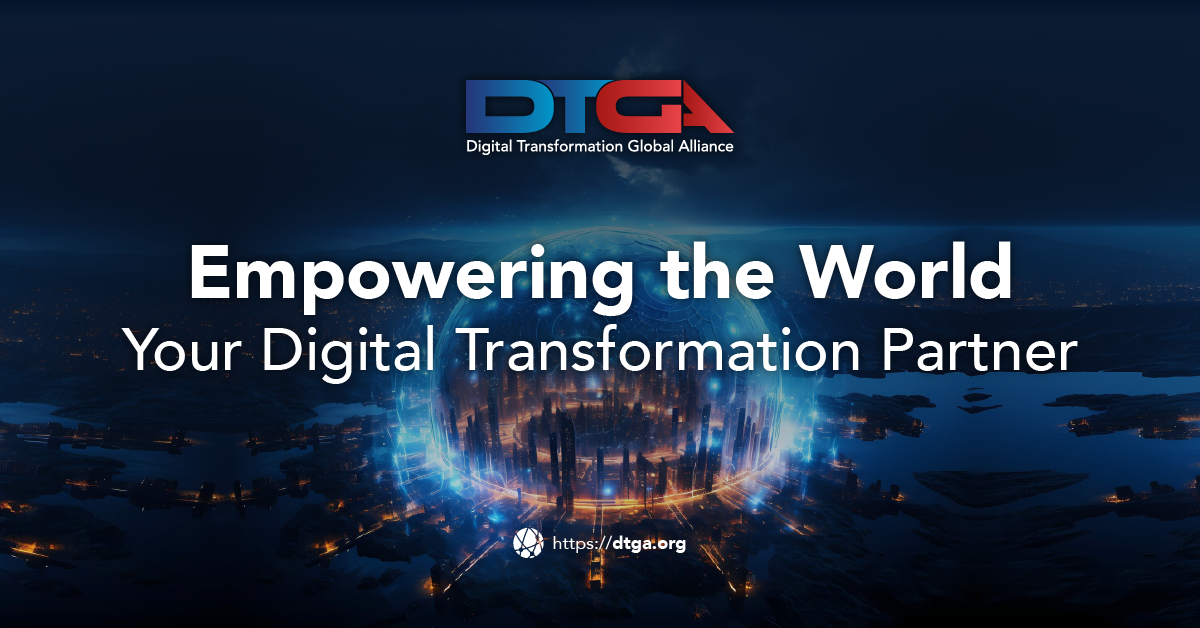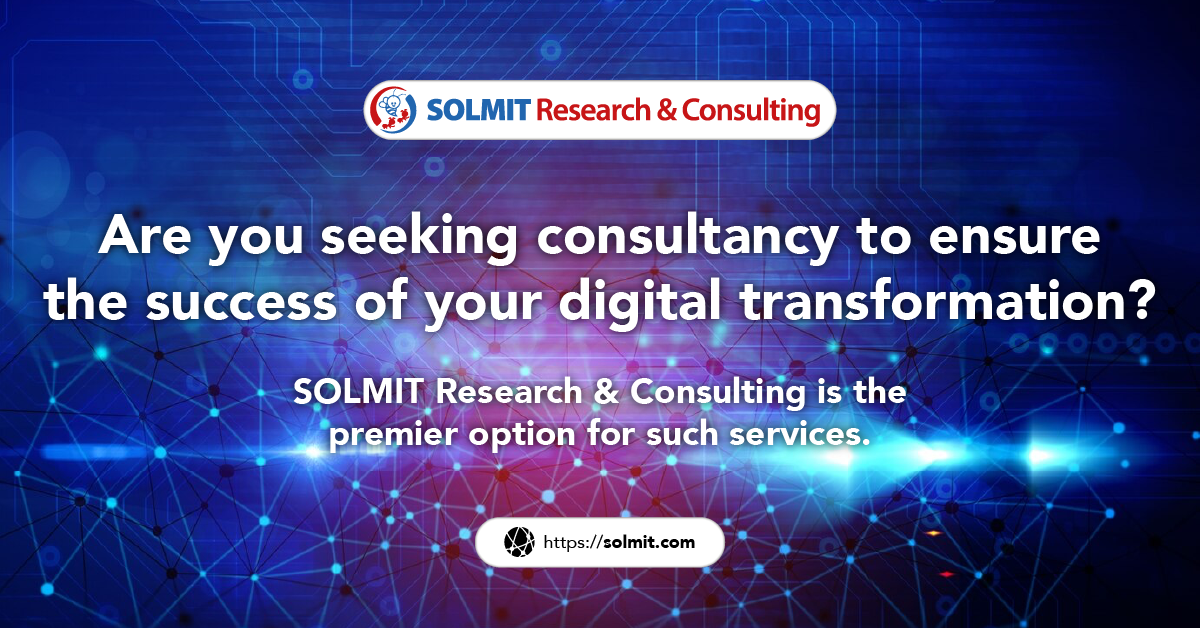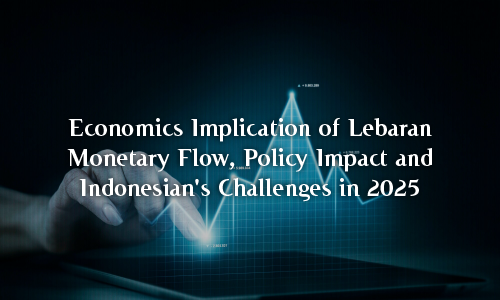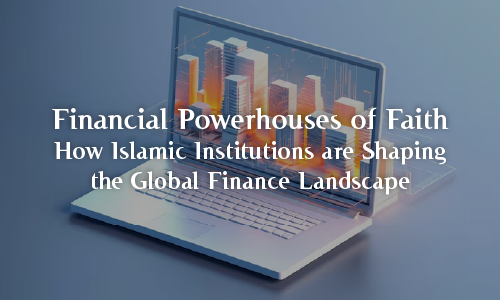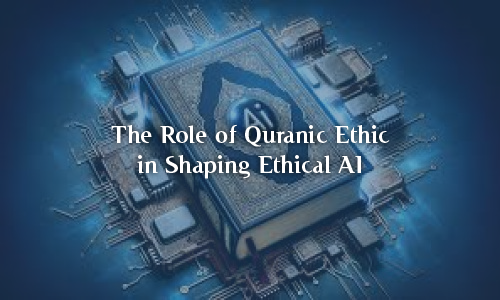
Summary: Indonesia has a vast potential in Islamic philanthropy, supported by its deep-rooted cultural values and strong institutional framework. By harnessing the power of technology and strengthening governance, the country can further solidify its role as a global leader in this sector. The ZISWAF system has the capacity to create meaningful social and economic transformation, but to fully realize its impact, key challenges—such as governance, public awareness, digital adaptation, waqf optimization, and collaboration—must be addressed. By adopting modern strategies and embracing innovation, Indonesia can enhance the effectiveness of Islamic philanthropy, ensuring that ZISWAF continues to drive sustainable development and uplift millions of lives.
ZISWAF in Indonesia
As the country with the largest Muslim population in the world, Indonesia holds tremendous potential for Islamic philanthropy. The ZISWAF system—which includes Zakat (mandatory almsgiving), Infaq (voluntary giving), Sadaqah (charity), and Waqf (endowments)—plays a vital role in poverty alleviation, economic empowerment, and social development. Over the years, both government-backed and private institutions have established structured mechanisms to ensure these funds are collected and distributed efficiently. However, despite its progress, the sector still faces challenges that need to be addressed to maximize its impact and sustainability.
With over 230 million Muslims, Indonesia provides a vast and dynamic base for Islamic giving. Philanthropy is deeply ingrained in the culture, with many actively participating in charitable activities, particularly during Ramadan, Eid al-Fitr, and times of crisis. The country has also developed a strong infrastructure for managing Islamic donations. Key institutions such as Badan Amil Zakat Nasional (BAZNAS), the national zakat agency, and Lembaga Amil Zakat (LAZ), a network of private zakat organizations, help facilitate donations. Additionally, organizations like Badan Wakaf Indonesia (BWI) and various waqf institutions are driving the development of productive waqf initiatives, such as cash waqf and waqf-based businesses, to create sustainable economic benefits.
Technology is also transforming Islamic philanthropy in Indonesia. Fintech platforms and digital crowdfunding initiatives, such as Kitabisa and Dompet Dhuafa, are making it easier for…


